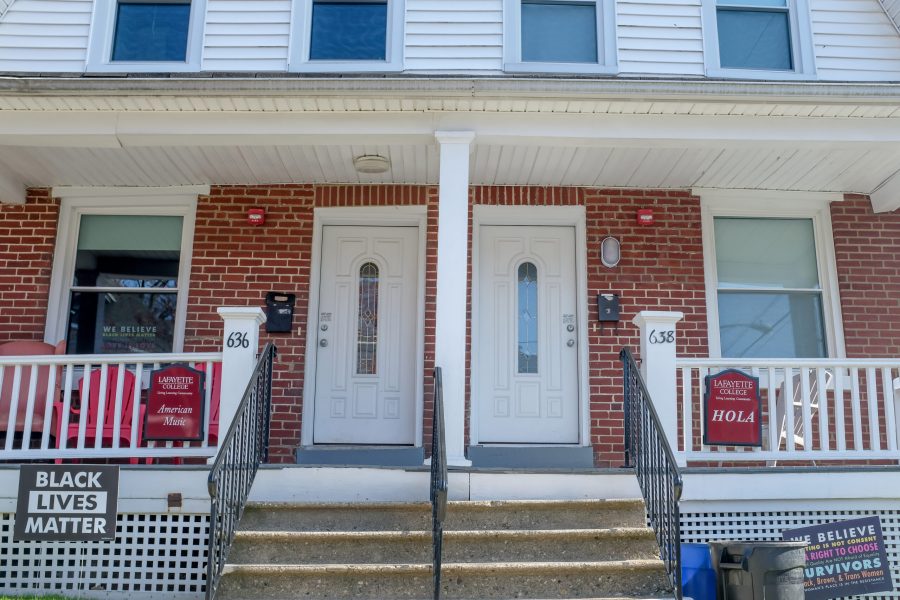This past week, the Greek Life Committee of Student Government passed “A Resolution for the Prioritization of Campus Community Development.” In order to better promote Lafayette’s core values, the resolution calls for the creation of “a more inclusive, equitable, and vibrant community that facilitates valid social experiences for all students.”
The purpose of the resolution is to expand housing options outside of Greek residences that “facilitate inclusive community development.” In particular, the resolution proposes establishing application-based housing, an expansion of special interest housing programs, as well as the further development of Monroe Neighborhood Houses.
The passage of the resolution comes at a critical time for the College. As the administration expands the student body and more students matriculate as part of a decade-long plan to grow Lafayette’s population, the college is looking to diversify housing opportunities for its incoming students.
On top of the expansion, there is also growing opposition to fraternities and sororities on campus. According to a 2020 campus-wide survey, 71.4 percent of unaffiliated students indicated that Greek life negatively affects social life at Lafayette.
“Something that we worry is that Lafayette would kind of make false promises,” Director of the Greek Life Committee Lauren Ameruoso ’22 explained. “We did read a lot in our survey that Greek life is not always promoted the right way to incoming students. That gives the ability for people to feel left out and that’s what we want to avoid.”
In light of these circumstances, student government proposed collaborating with Residence Life to create additional community-based housing options.
“We know that [housing] is a successful component of Greek organizations, so we wanted to look for opportunities to give other organizations on campus that similar shared space,” Ameruoso said. “We talked about establishing more application-based housing, types of special interest housing such as wellness and co-ed spaces.”
The Portlock Black Cultural Center was praised in the resolution as being a “safe space for BIPOC students to reside in.” Clubs such as Hillel, the college’s Jewish cultural society, were also cited as inclusive organizations thanks to their off-campus housing. Both of these could serve as models for future community housing projects.
Beyond housing, the resolution urged the College to bolster interim programs as an additional way to foster community. The Greek Life Committee referenced initiatives such as the Pre-Orientation Service Program and alternative spring break as programs at Lafayette that give students the ability to develop deeper relationships.
“During the winter and summer interim periods there is less academic responsibility and more opportunities for people to connect with each other who maybe wouldn’t have the opportunity otherwise during a regular semester,” Ameruoso said.
Recognizing the success of these and other programs, student government is now looking to peer institutions for further inspiration.
“We saw that Bates College and Colby College both have these different types of interim programs. Just from having informal conversations with people at these colleges they thought these programs fostered community and enhanced connections,” Ameruoso said.
Although the resolution addresses salient issues, there is still a long way to go before any of its initiatives are put into action. The resolution must first get majority support from Lafayette’s faculty, and then gain approval by the Board of Trustees before any further steps may be taken.






















































































































